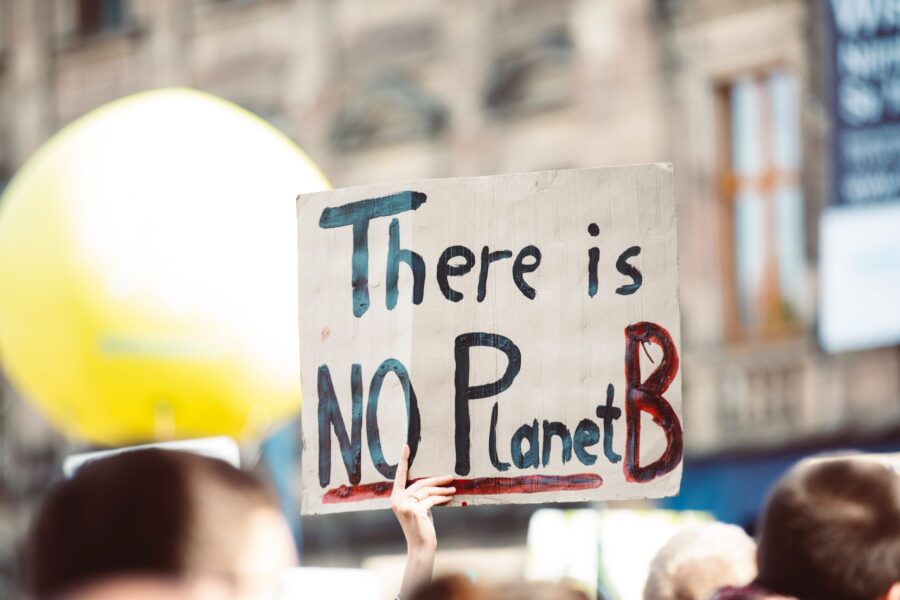Climate Change & Rising Eco Anxiety in Young People
Dr. Ellen Herbst, UCSF psychiatarist and mother of two, first began thinking about climate change and its effect on the mental health of young people when her fourth-grade son came home from school one day absolutely devastated. In science class, he had learned about the Intergovernmental Panel on Climate Change report from the United Nations, which outlines the impact of climate change on our current trajectory (sea level rise, species extinction, and more). He was shattered by the news. Crying, and feeling hopeless, she relates in a conversation with UCSF Benioff Children’s Hospitals, he was saying, “What’s the point?” and “No one cares.”
She realized that her son was one of many. “I learned that this is not an isolated experience. My son was communicating what many kids are feeling: betrayal, uncertainty, and disempowerment. Some are terrified,” Herbst commented.
In a recent study that surveyed 10,000 young people in 10 countries on six continents, “the majority of the respondents were worried about climate change, reporting feelings like sadness, anxiety, anger, and helplessness. These are grief-related emotions,” Herbst explained. “What struck me is that climate grief and distress are becoming universal, particularly for youths.” The study reported that “75% of respondents said that they think the future is frightening and 83% said that they think people have failed to take care of the planet.”
As a result, Herbst notes that an emerging area of inquiry at UCSF and elsewhere is “around building psychological resilience to climate change…being able to cope internally, so when a child is faced with disturbing information and realities, they have a way of grounding themselves, of continuing to function, of not going straight to despair.”
As a parent, she began to explore what she could do to help her children build resilience.
Spending time in nature or climate activism – writing letters to policymakers, starting an environmental club, or restoring a wildlife habitat – create a sense of agency and combat despair. Age-appropriate mindfulness activities can help. And as a family, you can talk with your children about what you can do instead of dwelling on catastrophe.
For young children, who tend to be black and white thinkers, it’s especially important to stress that all is not lost, she explains. Saving even one species matters, for example.
Above all, even if they do not have all the answers, parents should stress that we are in this together. Since “the primary need of the child is to feel safe.” Herbst stresses, “if we cannot provide that within the external world, we must try to promote safety between the parent and the child. So be honest with them. Tell them that you’re not sure what’s going to happen but remind them that you care and will be there with them no matter what.”
Read the full conversation here.
Read the research study here.



